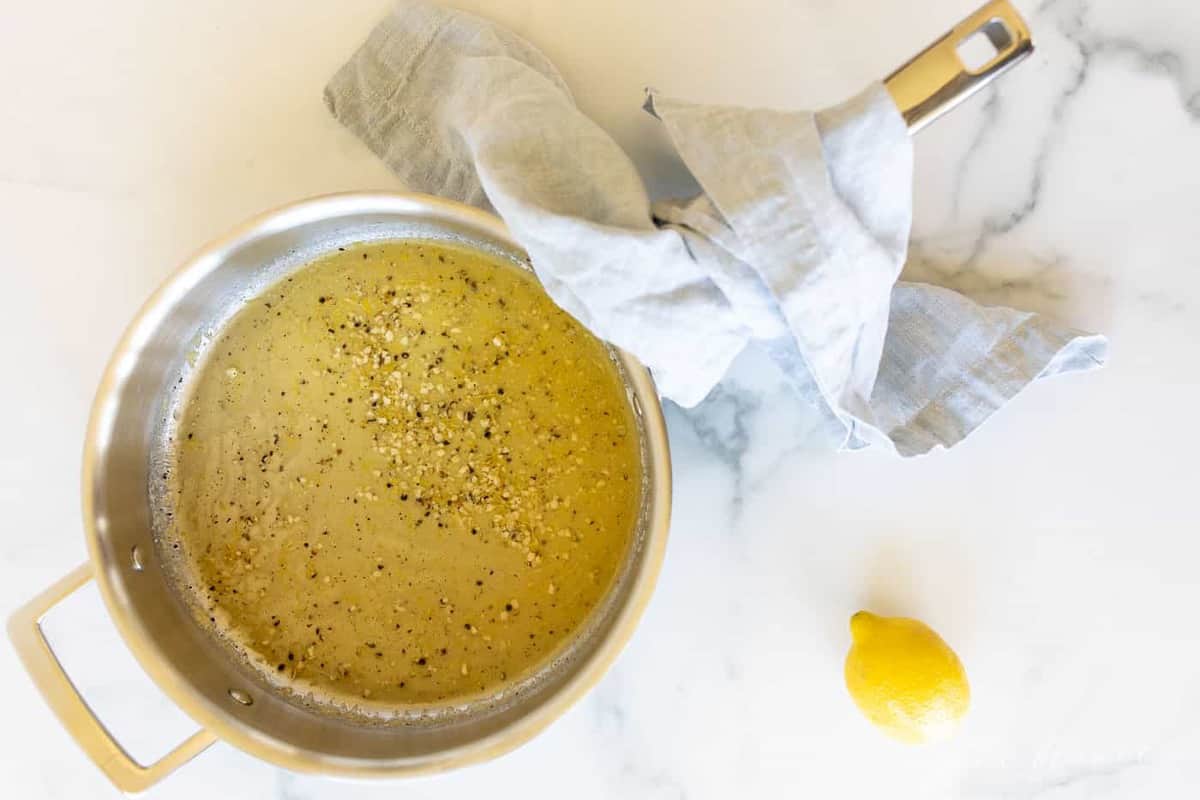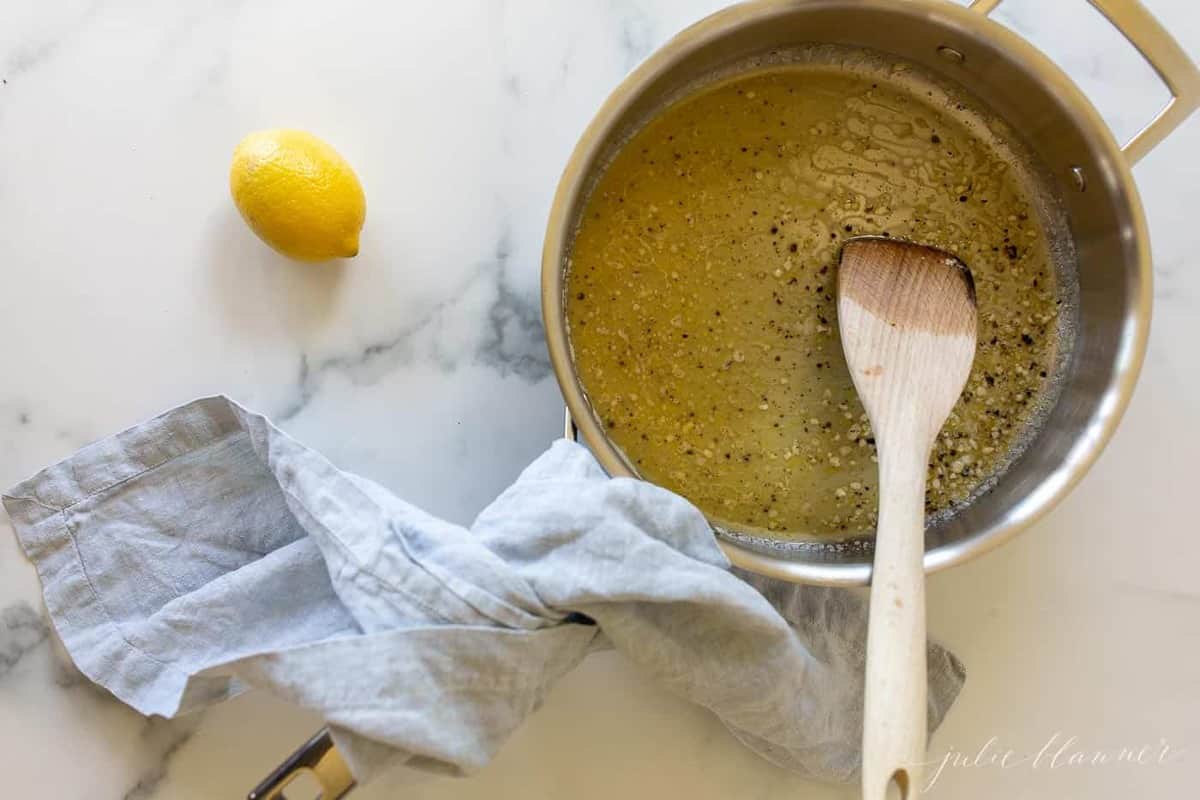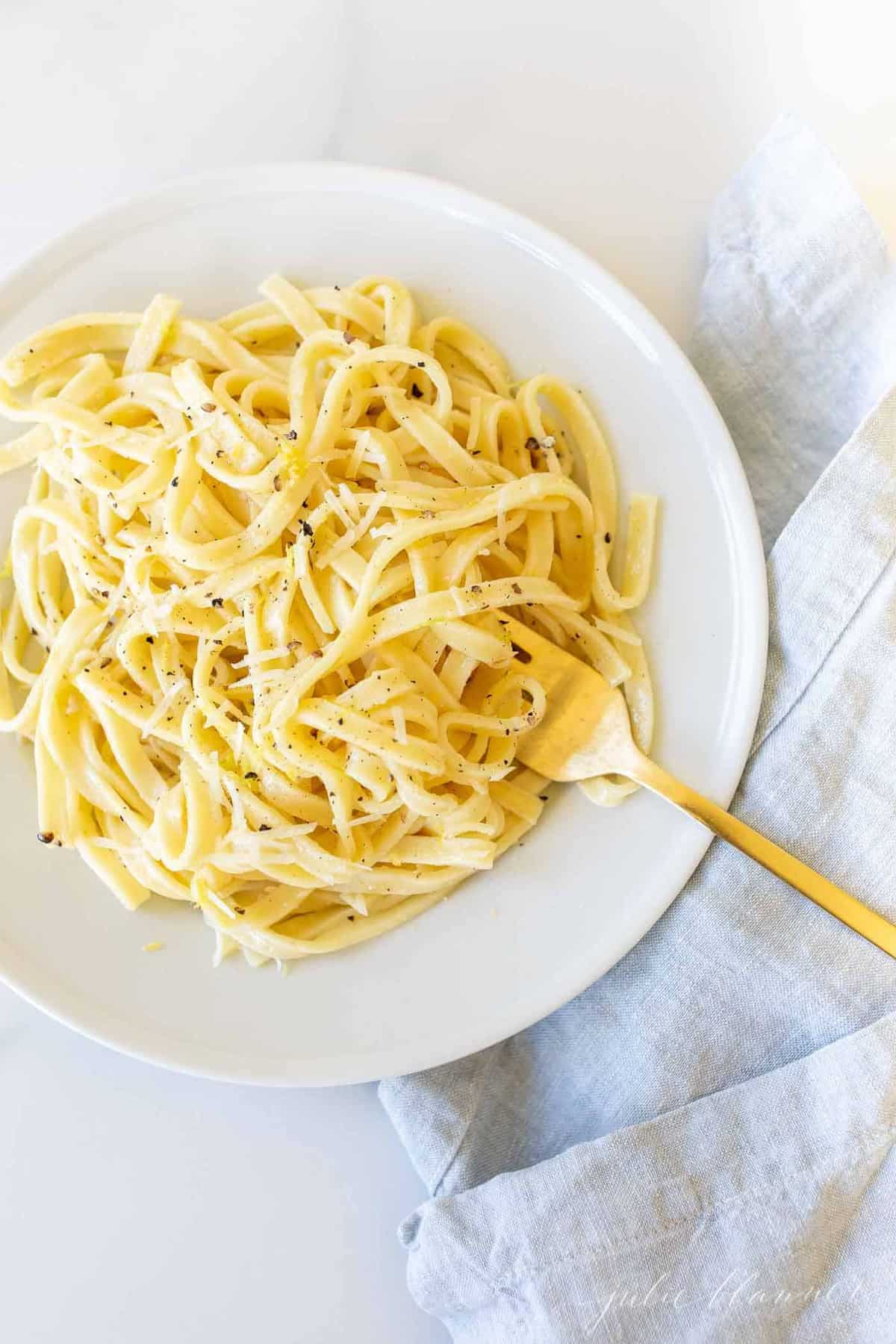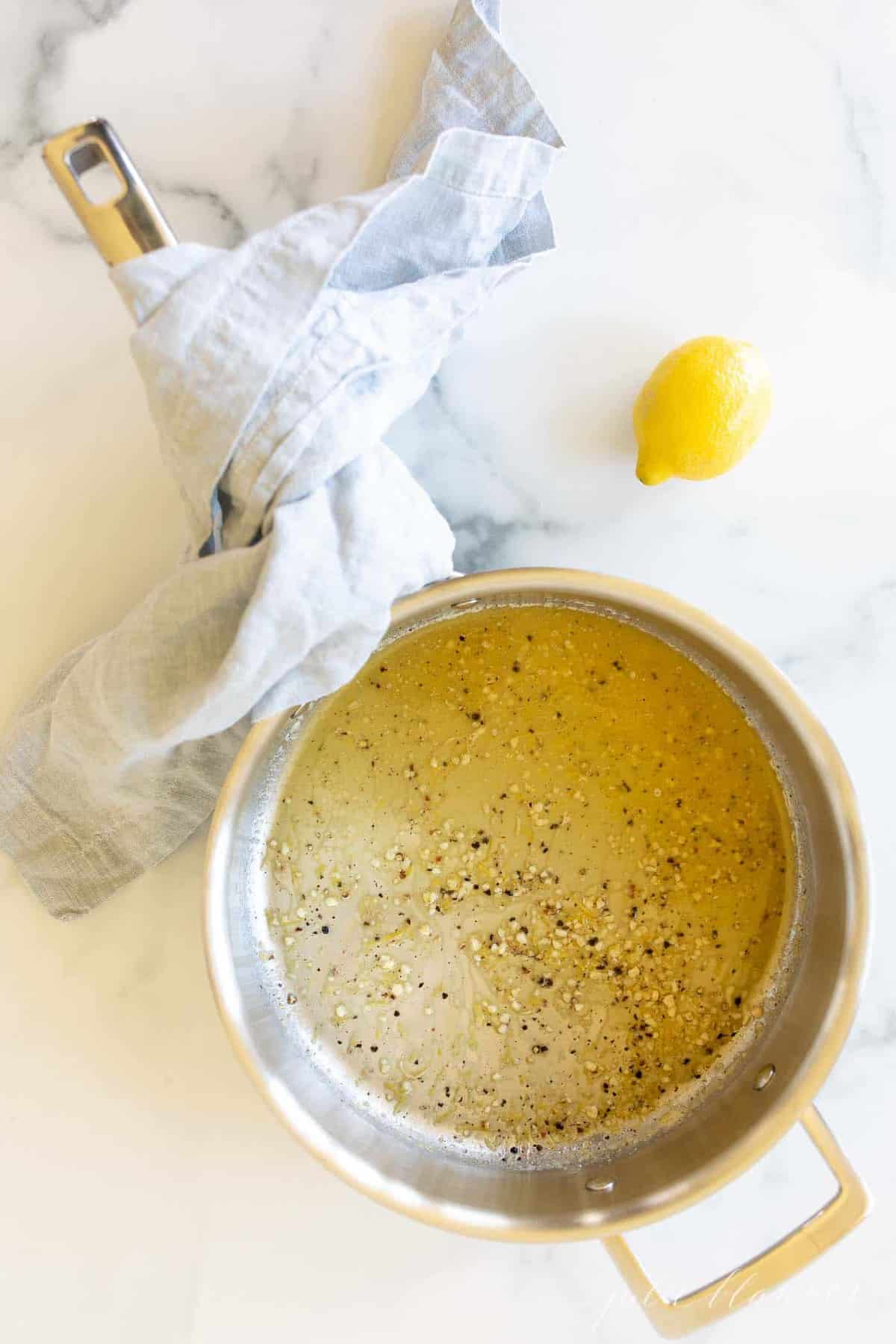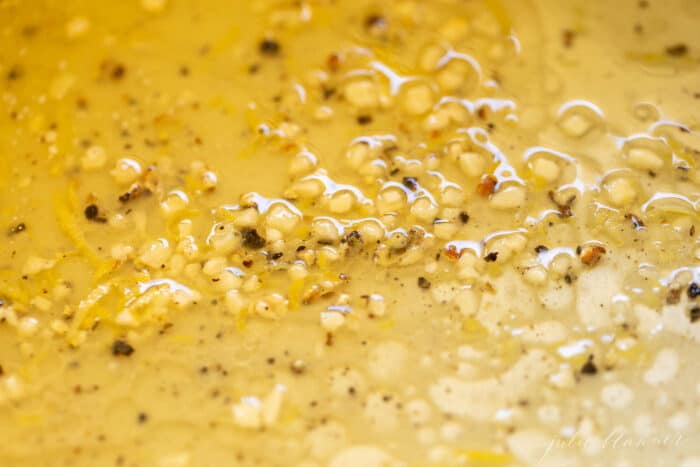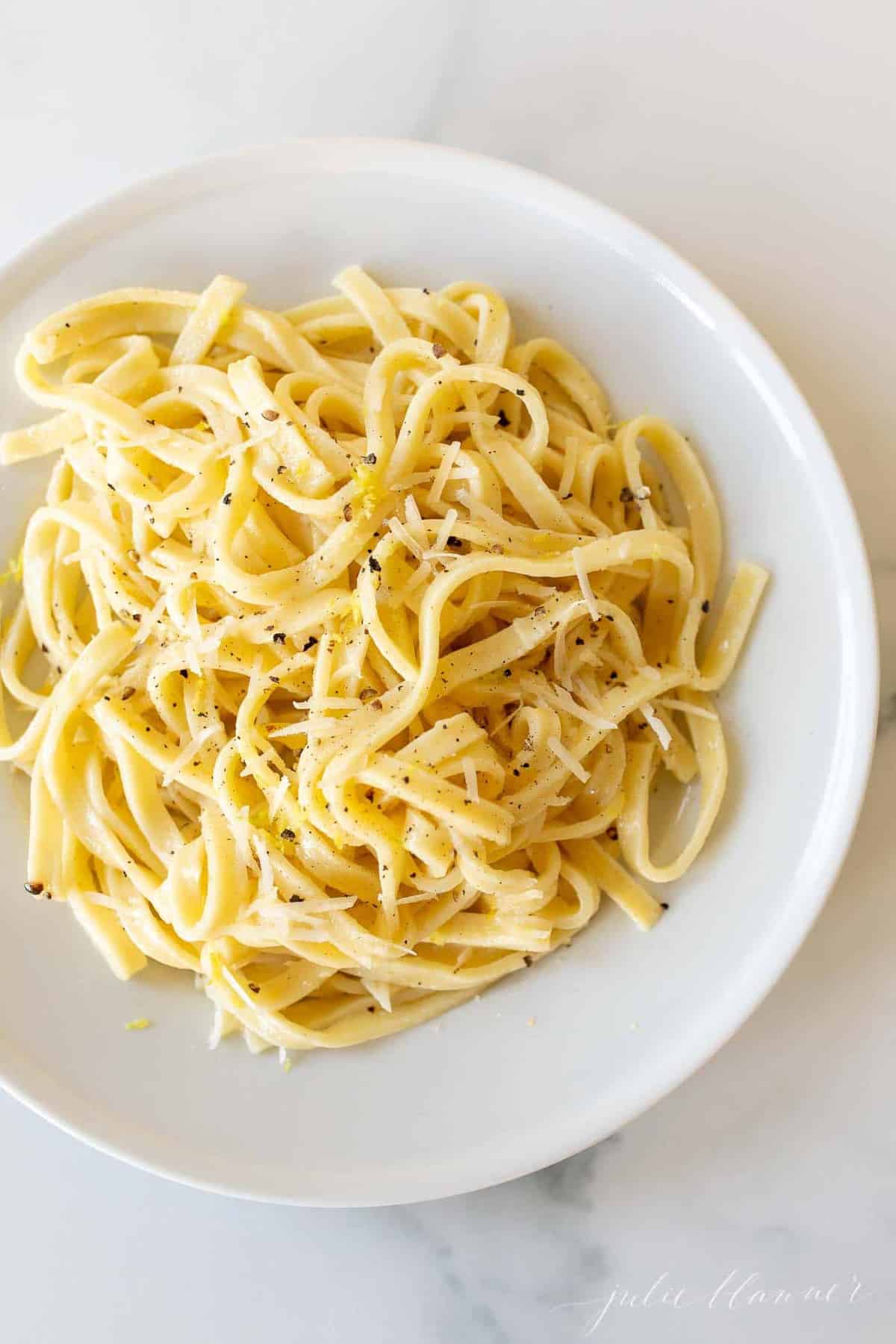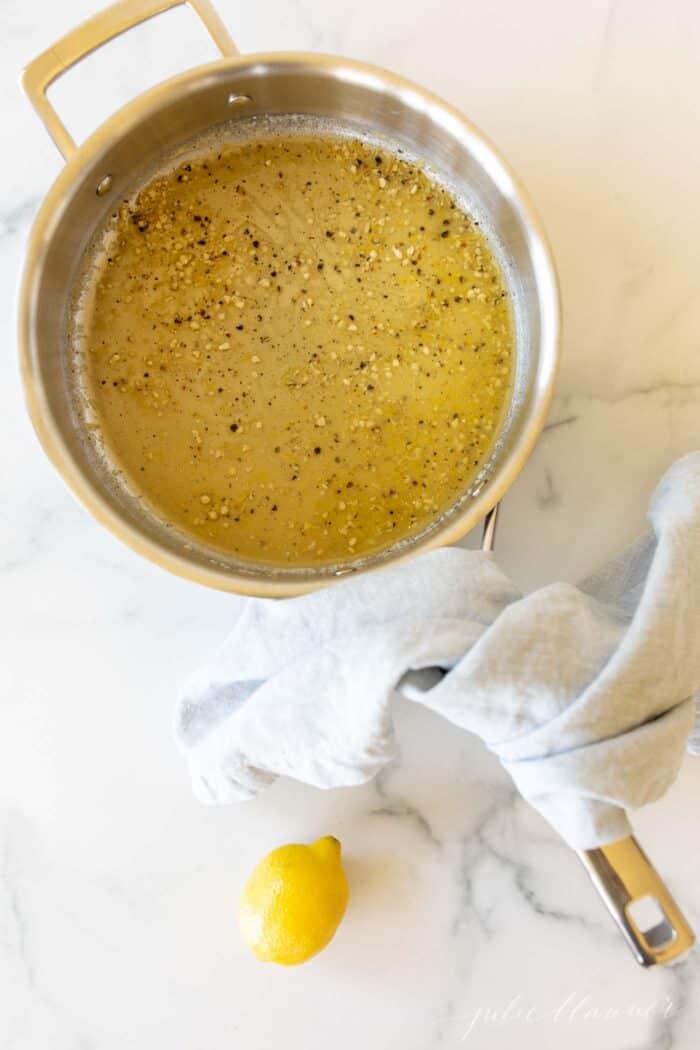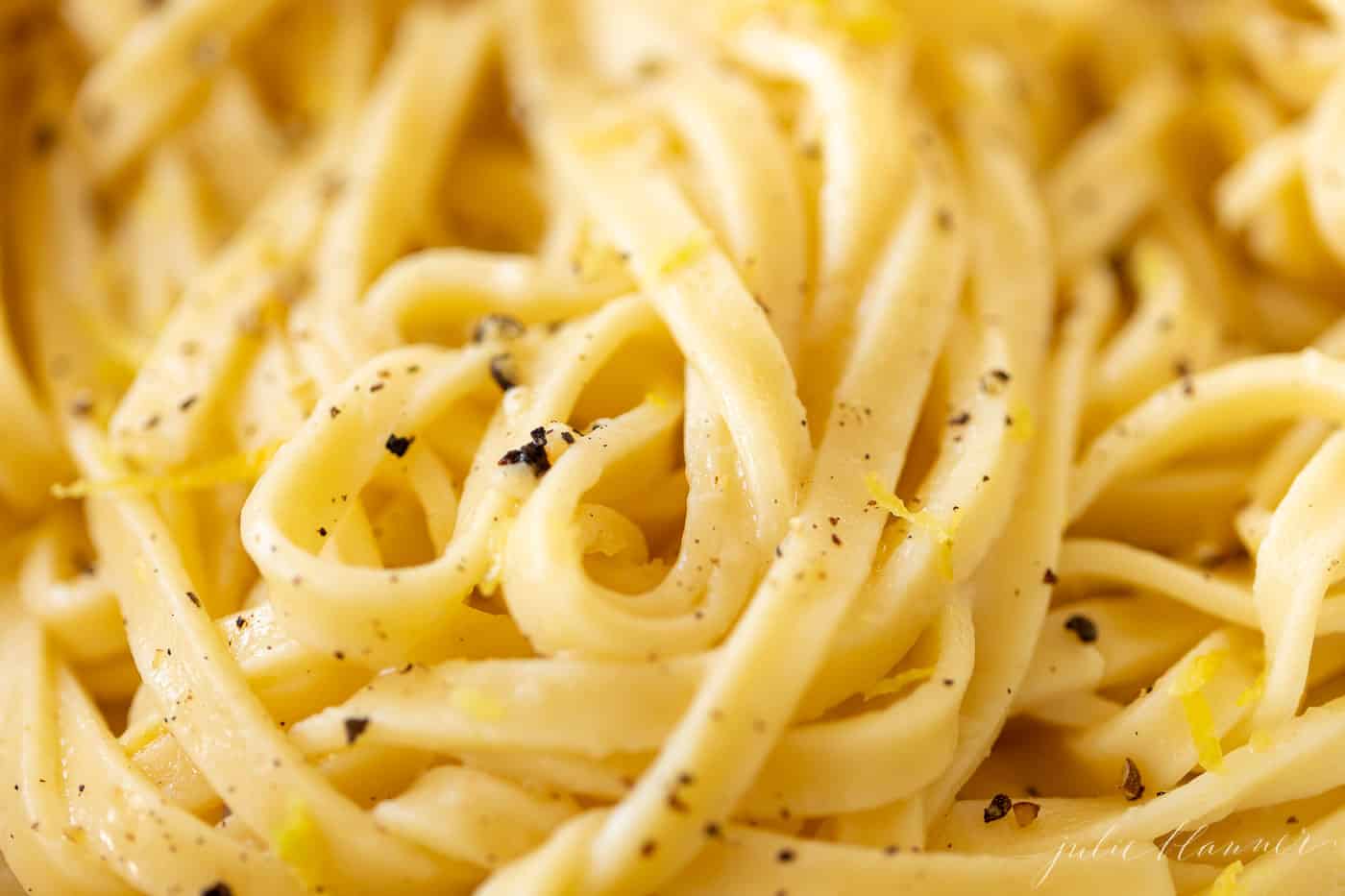Affiliate membership is for researchers based at UCT, elsewhere than in the IDM complex, who seek supplementary membership of the IDM because their research interests align with the general focus and current activity areas of the IDM, for 3-year terms, which are renewable.
BARNES, Prof Karen
MBChB, MMed (Clinical Pharmacology); Malaria Clinical Research Group, Division of Clinical Pharmacology, Department of Medicine, University of Cape Town.
Research interests range from the comprehensive evaluation of malaria treatment policy changes in southern Africa, to improving anti-malarial dosing regimens for vulnerable populations (including young children, pregnant women and those with prevalent co-morbidities, including malnutrition and HIV) and more recently leading Phase 1 clinical trials on novel antimalarial compounds.

BOULLE, Prof Andrew
MBChB, MSc, PhD, FCPHM(SA). Division of Public Health Medicine and Centre for Infectious Disease Epidemiology and Research (CIDER), School of Public Health and Family Medicine; Wellcome Centre for Infectious Diseases Research in Africa (CIDRI-Africa), Institute of Infectious Disease and Molecular Medicine; Health Impact Assessment directorate, Department of Health, Provincial Government of the Western Cape.
Research interests: HIV cohort and infectious disease epidemiology; operations research on service responses for priority health conditions; data harmonisation and linkage; and context-appropriate health information systems development.

COETZEE, Assoc Prof David
BA, MBBCh, DTM&H, FFCH (SA), MS (Epi).
David is a public health specialist with many years operational experience in primary care and infectious disease service delivery. He has led a number of clinical epidemiology research projects in the areas of tuberculosis, HIV/Aids, immunization and STI's. He is the founding director of the Centre of Infectious Disease Epidemiology and Research.

DHEDA, Prof Keertan
Keertan Dheda (MBBCh (Wits), FCP (SA), FCCP, PhD (Lond)) is Head of the Lung Infection and Immunity Unit and Associate Professor of Respiratory Medicine (SARChI), Division of Pulmonology and UCT Lung Institute, Department of Medicine, University of Cape Town.
He holds an honorary faculty position at UCL. His group's main research interests are the study of pulmonary regulatory immunological pathways in relation to infection, rapid and field-friendly diagnosis of tuberculosis, and drug-resistant tuberculosis. His work is funded by the SA MRC, SA NRF, EU FP7, EDCTP and NIH.

EGAN, Prof Timothy
PhD (Bioinorganic Chemistry), Head of Department and Jamison Professor of Inorganic Chemistry, Science Faculty, UCT.
Research interests: understanding how the malaria parasite deals with the large influx of haem associated with ingestion and degradation of haemoglobin in its digestive vacuole and the effects of antimalarials such as chloroquine, which inhibit this process. Biomimetic investigations of β-haematin (synthetic haemozoin/malaria pigment) formation. Speciation and behaviour of free Fe(III) haem in aqueous solution. Interaction of Fe(III) haem with antimalarials and effects on haem in cultured parasites. Synthesis and structure-activity relationship studies on β-haematin inhibiting compounds.

ELEY, Prof Brian S
MB ChB, FCP (Paeds) (SA), BSc (Hons); Head of Paediatric Infectious Diseases, Red Cross Children's Hospital.
Research interests: All aspects of HAART in children; immune reconstitution in children; TB-HIV co-infection; MRSA infection; primary immunodeficiency diseases. Collaborations with St Mary's Hospital, London; McGill University, Montreal; Hvidovre Hospital, Denmark.

JOSEPH DAVEY, Dr Dvora
BA, MPH, PhD (Epidemiology). Honorary Senior Lecturer, School of Public Health and Family Medicine, Division of Epidemiology and Biostatistics, Desmond Tutu Health Foundation.
Dvora is an Assistant Professor of Epidemiology at the University of California, Los Angeles. Her research focuses on evaluating innovative technologies and interventions to improve the delivery of HIV/STI prevention interventions (including pre-exposure prophylaxis) and treatment in sub-Saharan Africa, especially in pregnant women, male partners and families.

MAARTENS, Prof Gary
MBChB, MMed, FCP SA DTM&H; Head of the Division of Clinical Pharmacology
His main research interests are in the therapeutic aspects of HIV-associated tuberculosis and drug-resistant tuberculosis, antiretroviral therapy in resource-limited settings, and the pharmacokinetics of antiretroviral and anti-tuberculosis drugs.

McILLERON, Prof Helen
MBChB(UCT), PhD in Clinical Pharmacology, Department of Medicine, University of Cape Town.
Key research areas involve optimising doses and drug combinations for patients with drug-resistant tuberculosis or TB/HIV co-infection, and optimising anti-tuberculosis drug use in children. She participates in research projects across Africa, as well as in Asia and South America where a key interest is the support and mentoring of investigator-initiated pharmacology research projects.

MYER, Prof Landon
MBChB MA MPhil PhD; Professor, Centre for Infectious Diseases Epidemiology & Research, School of Public Health & Family Medicine
Thirty-one Masters students supervised; broad areas of research are: epidemiology of HIV/AIDS, other sexually transmitted infections & tuberculosis; maternal and child health; women's reproductive health.

NAIDOO, Prof Kevin
MSc (UCT), PhD (Michigan). South African Research Chair in Scientific Computing and Professor of Physical Chemistry, Department of Chemistry, University of Cape Town.
Computational scientist with expertise in the development of Parallel and Hybrid model computer codes for application to chemical, life and biomedical sciences. Research is balanced between development of life science software and its application to biomedical projects where more recently the biomedical application has been cancer. Scientific interests are focused on the roles that carbohydrates play in biological processes. A demonstration of the application of computational expertise is his use of molecular modelling simulations to develop therapeutics for cancer as well as his use of data analytics and informatics methods to develop diagnostics and prognostics for cancer.

NTSEKHE, Prof Mpiko
BA, MD, MPhil (Cardiol), PhD, FCP (SA), Cert Cardiol (SA), F.A.C.C. Helen and Morris Maueberger Professor and Chair of Cardiology, Department of Medicine, University of Cape Town and Head: Division of Cardiology Groote Schuur Hospital.
Ongoing research: Investigation of the Management of Pericarditis (IMPI), Inflammatory determinants of disease severity and treatment outcome in TB patients, Left Cardiac Sympathetic Denervation for Cardiomyopathy Pilot Study, HIV Associated Myocardial Fibrosis Study.

PARKER, Emeritus Prof M Iqbal
Former Head of the Department of Medical Biochemistry (1998-2007), Director for Research in the Faculty of Health Sciences (2000-2007) and Founding Director of the ICGEB Cape Town Component (2007-2016). Member of ASSAF; Fellow of TWAS, AAS and IAS; Member of the Executive Committee of FASBMB.
Research focuses on the molecular genetic changes in oesophageal cancer using a whole genome sequencing approach to identify mutation signatures, epigenetic changes, gene mutation, deletions and insertions with specific relevance to early diagnosis and targeted therapeutic interventions in cancer.

SLIWA-HAHNLE, Prof Karen
Director, Hatter Institute for Cardiology Research; Diploma in Tropical Medicine and Hygiene, specialist physician, cardiologist (2000).
Is one of the very rare cardiologists in South Africa who is clinically active and trained in fundamental molecular laboratory methods, combining laboratory and epidemiological skills. Widely published in both local and international journals and books of various topics related to cardiovascular medicine. Internationally recognized for her outstanding work in the area of heart failure. Collaborations with a range of prestigious national and international clinical and academic centers. She holds an appointment as adjunct professor at the University of Queensland, Brisbane, Australia and as a visiting professor at the Baker Institute in Melbourne, Australia.

STEIN, Prof Dan
Professor and Head of Dept, Psychiatry and Mental Health; Chair in Psychiatry; Director, the Brain and Behaviour Initiative (BBI).
The Brain and Behaviour Initiative (BBI) enables cross-faculty, multidisciplinary, collaborative research in the cognitive and affective neurosciences and brings together expertise on phenotyping, genotyping, cognotyping, brain imaging and molecular signatures to address brain-behaviour issues. New experimental techniques including brain imaging, genetic testing and neuropsychological assessment combined with new theoretical insights have opened up significant potential for the advancement of novel diagnostic tools and treatments for people with mental disorders. The initial focus on trauma and resilience has now extended to work in substance use and NeuroHIV.

ZAR, Prof Heather
MBBCh, FAAP, PhD is head of Paediatric Pulmonology at Red Cross Childrens Hospital, University of Cape Town.
Her research focuses on child lung health including HIV-associated lung disease, childhood pneumonia and childhood TB. In 2014 she received the 2014 World Lung Health Award, awarded by the American Thoracic Society at a ceremony in San Diego, in recognition of work that has "the potential to eliminate gender, racial, ethnic, or economic health disparities worldwide".

ZÜHLKE, Assoc Prof Liesl
MBChB, DCH, MPH, PhD(Cape Town) FC Paeds, FESC, FACC. Paediatrician/Paediatric Cardiologist, Department of Paediatric Cardiology, Red Cross War Memorial Children's Hospital; Director and Medical Specialist, Children's Heart Disease Research Unit, UCT.
Currently regarded as a thought leader in Rheumatic Heart Disease, both on the continent and internationally. Has significant international research collaborations within the Rheumatic Heart Disease Community and within the Cardiovascular Community. Her social responsibility is reflected in, amongst others, numerous board positions; and she continues to be involved in teaching, training and mentorship encompassing courses directed at nurse practitioners, clinical officers and echocardiography masterclasses in South Africa, Ethiopia, Zambia and Uganda.








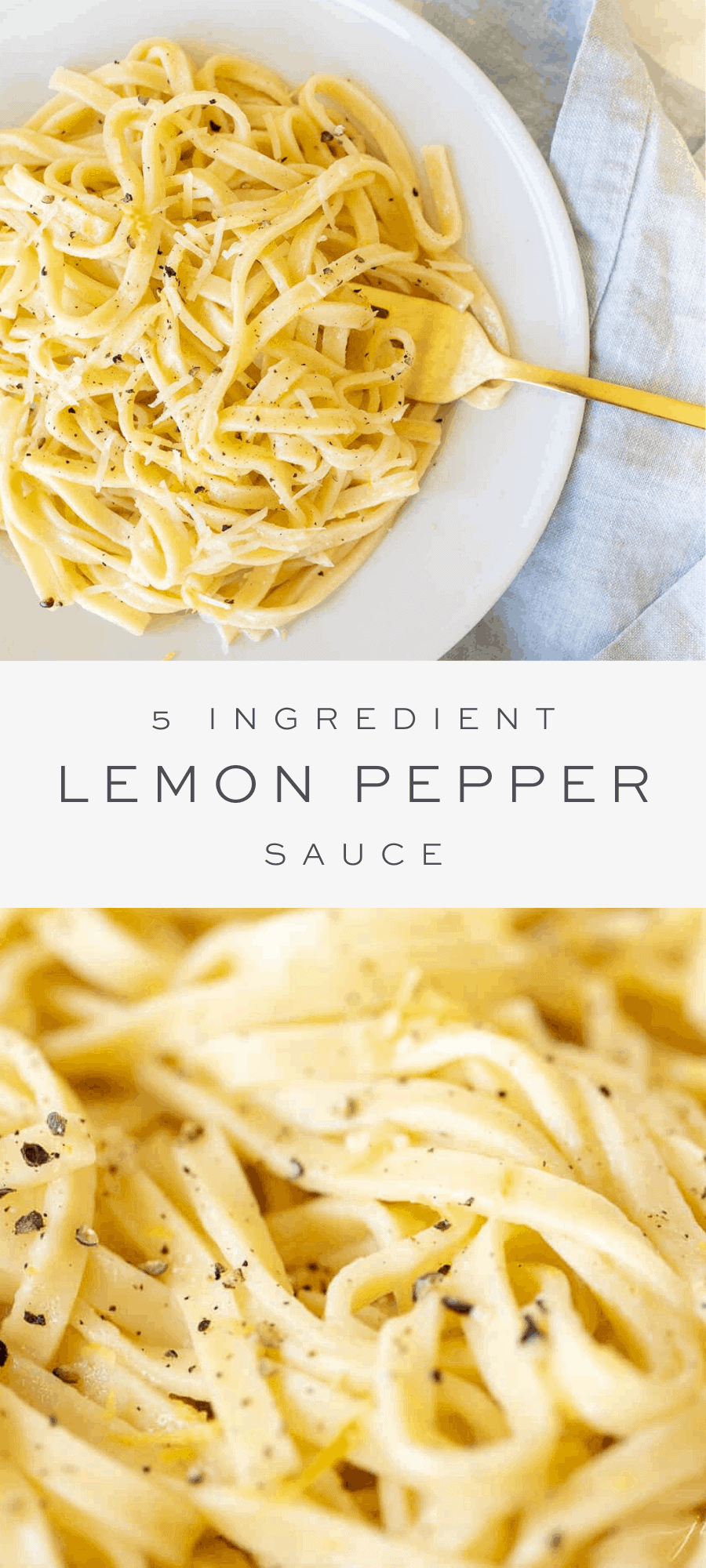
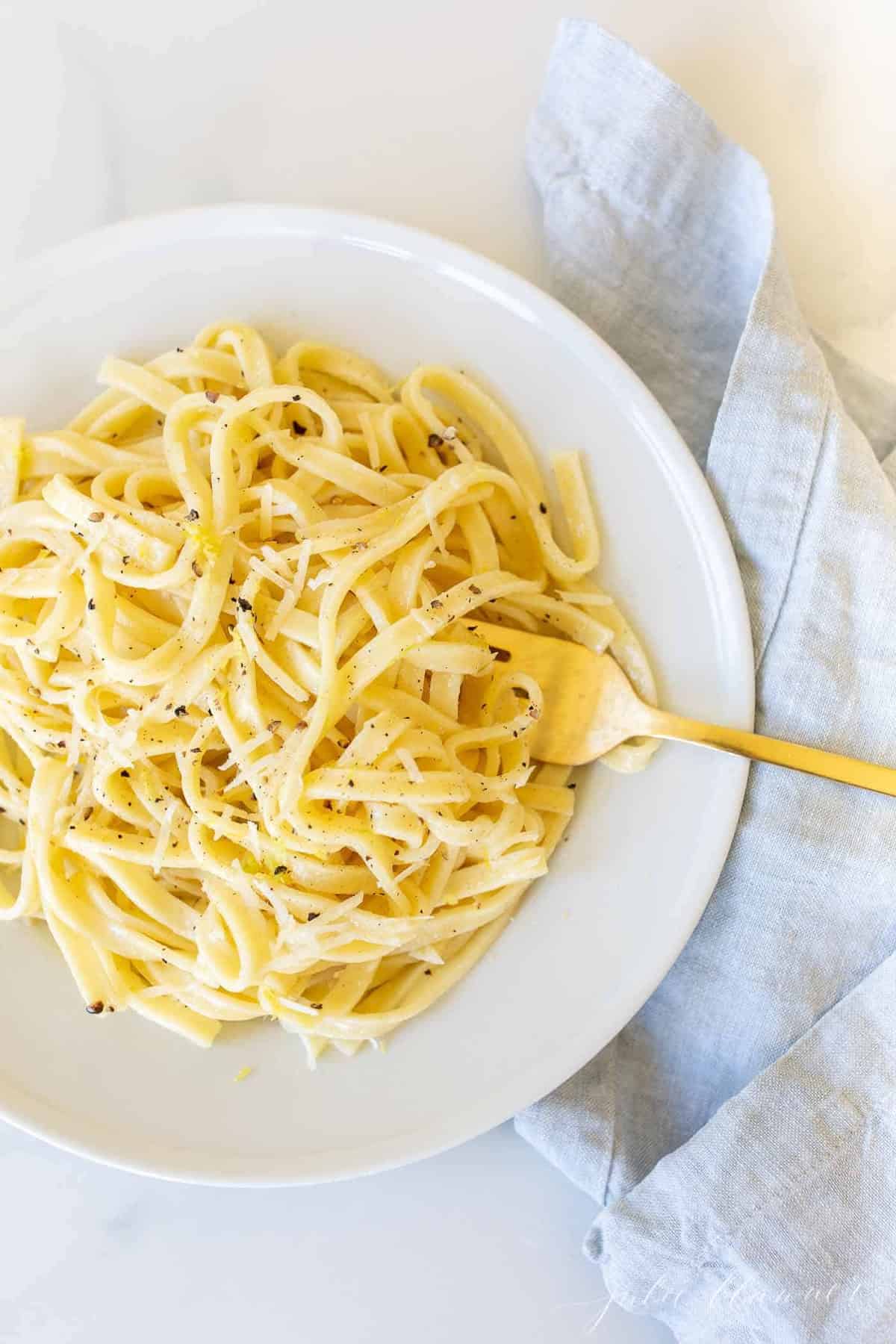
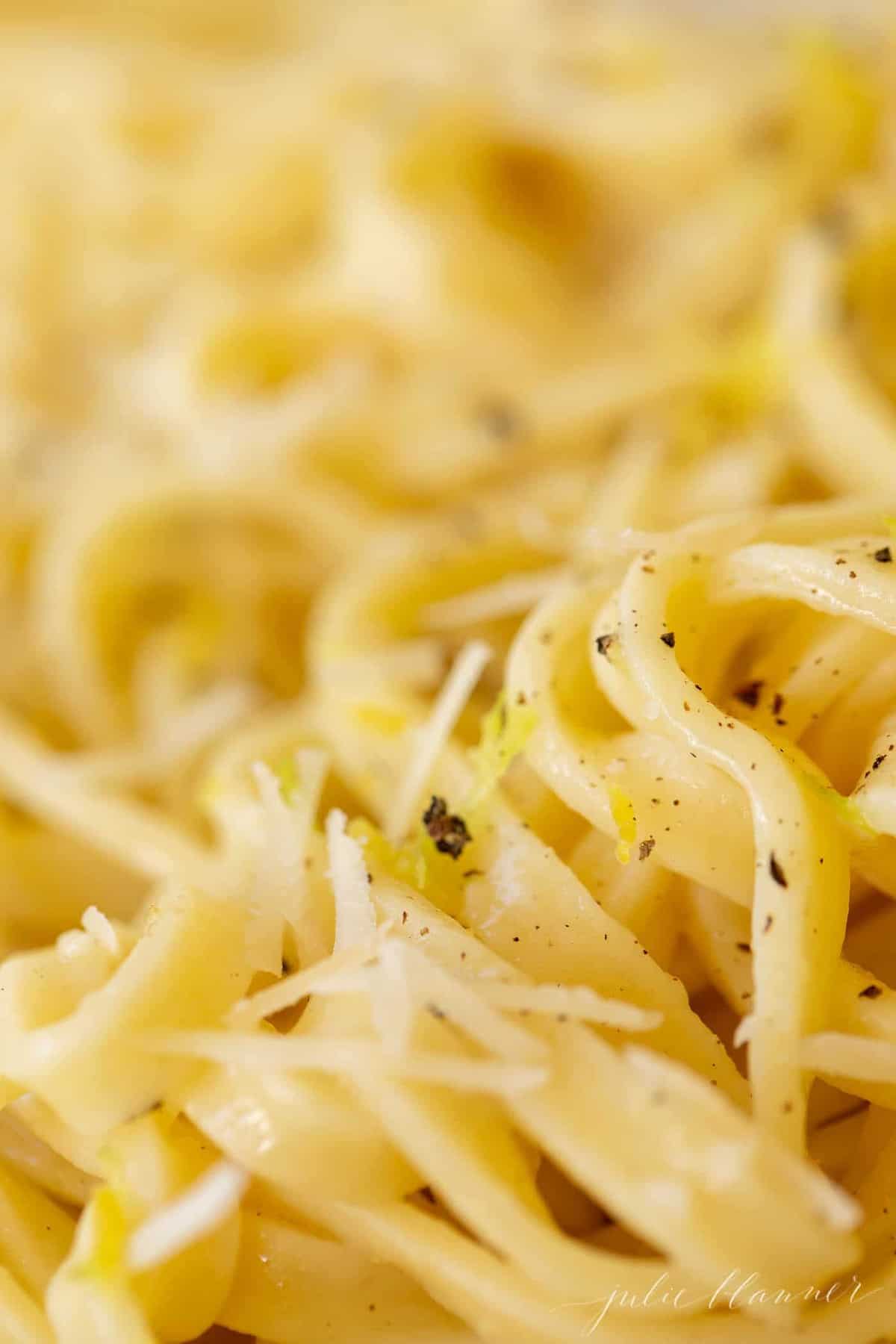
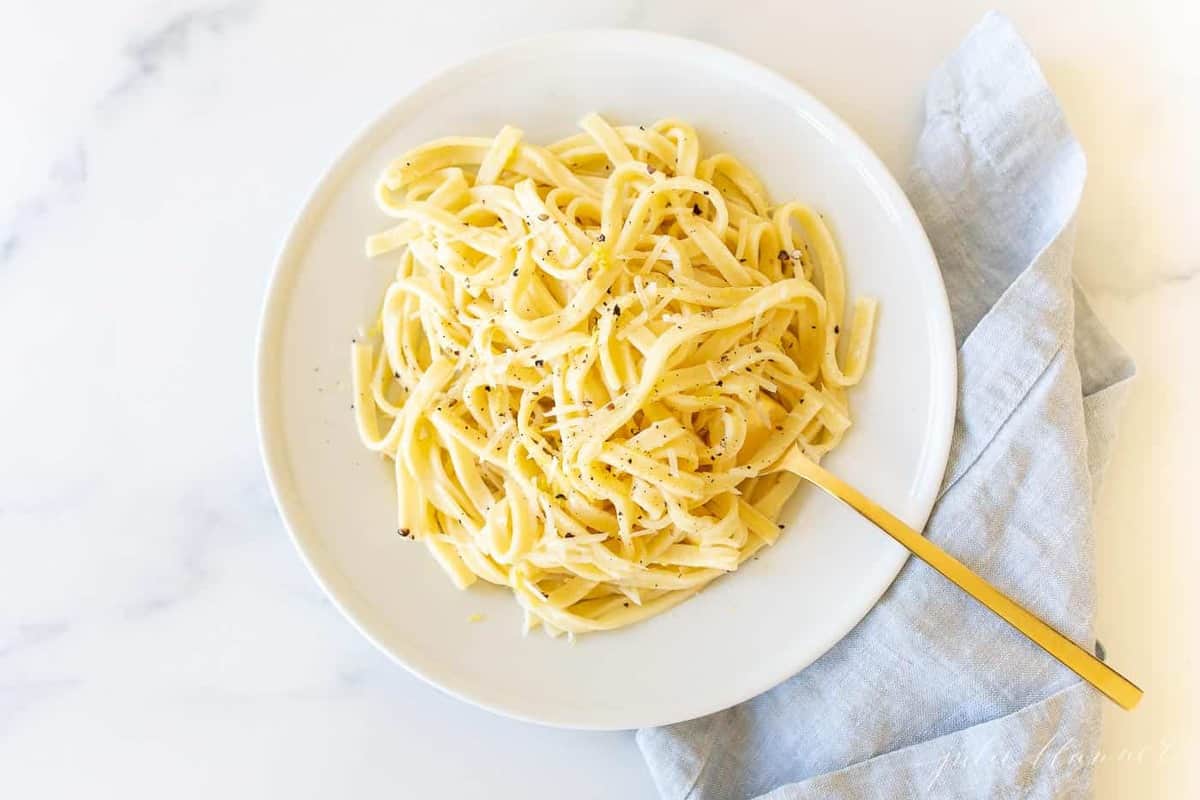
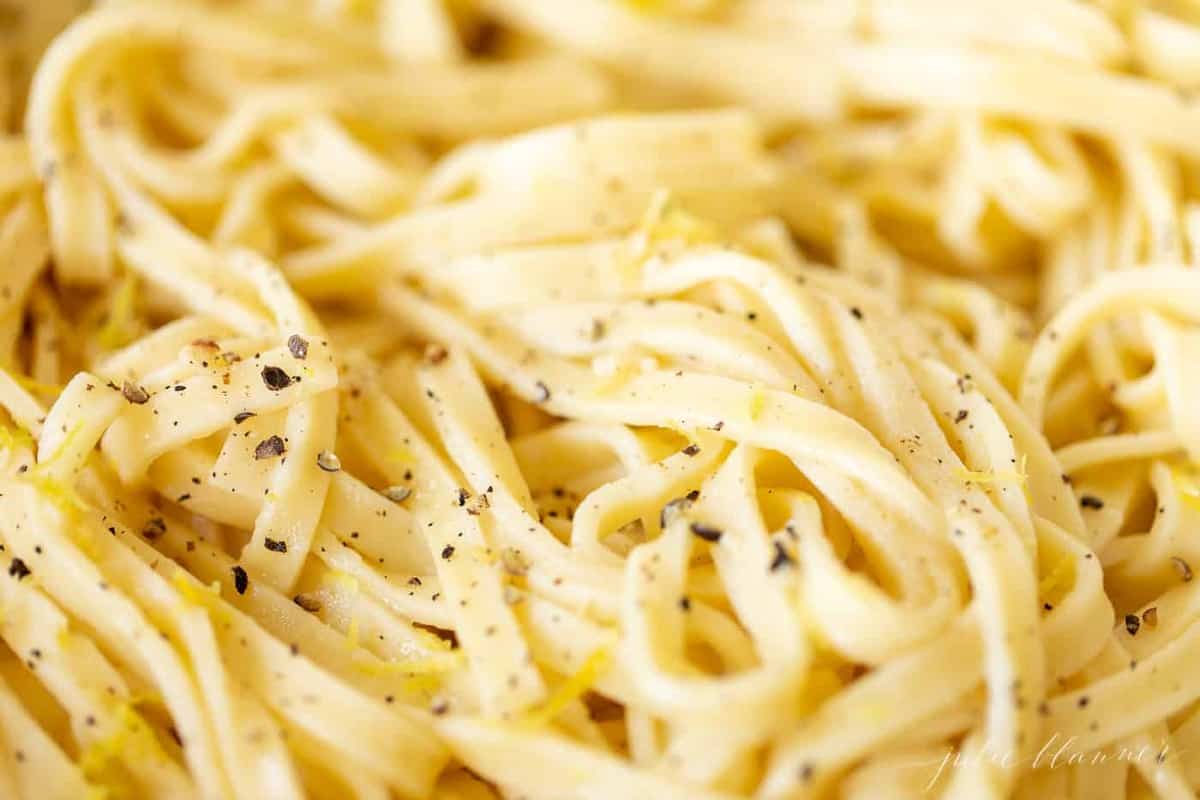
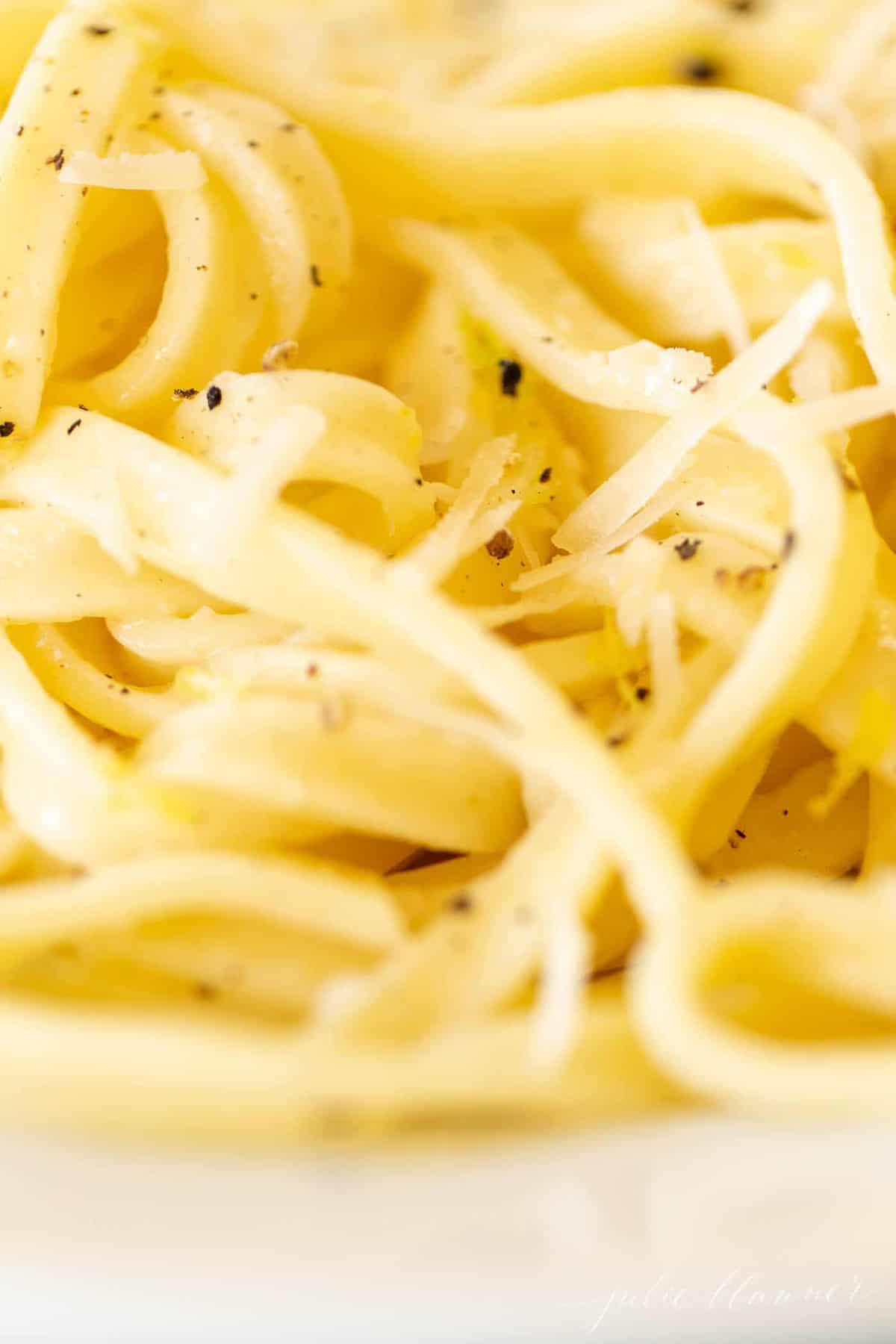
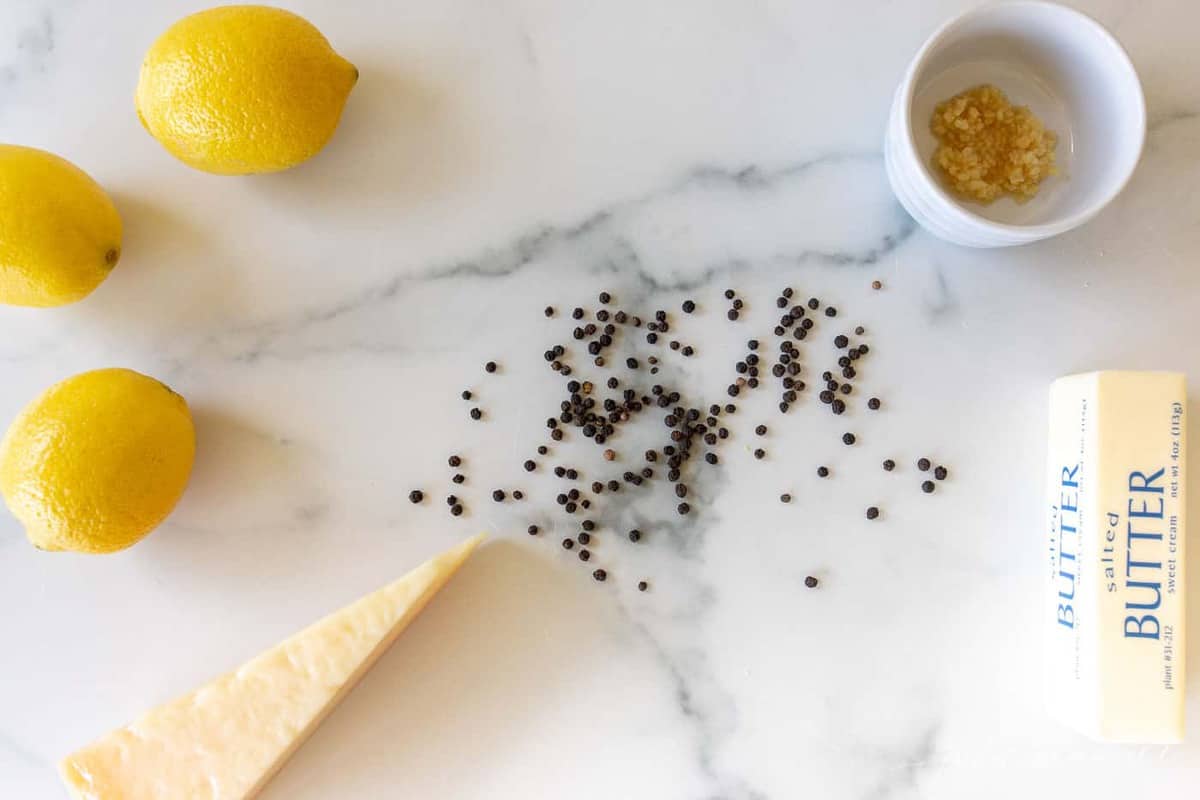
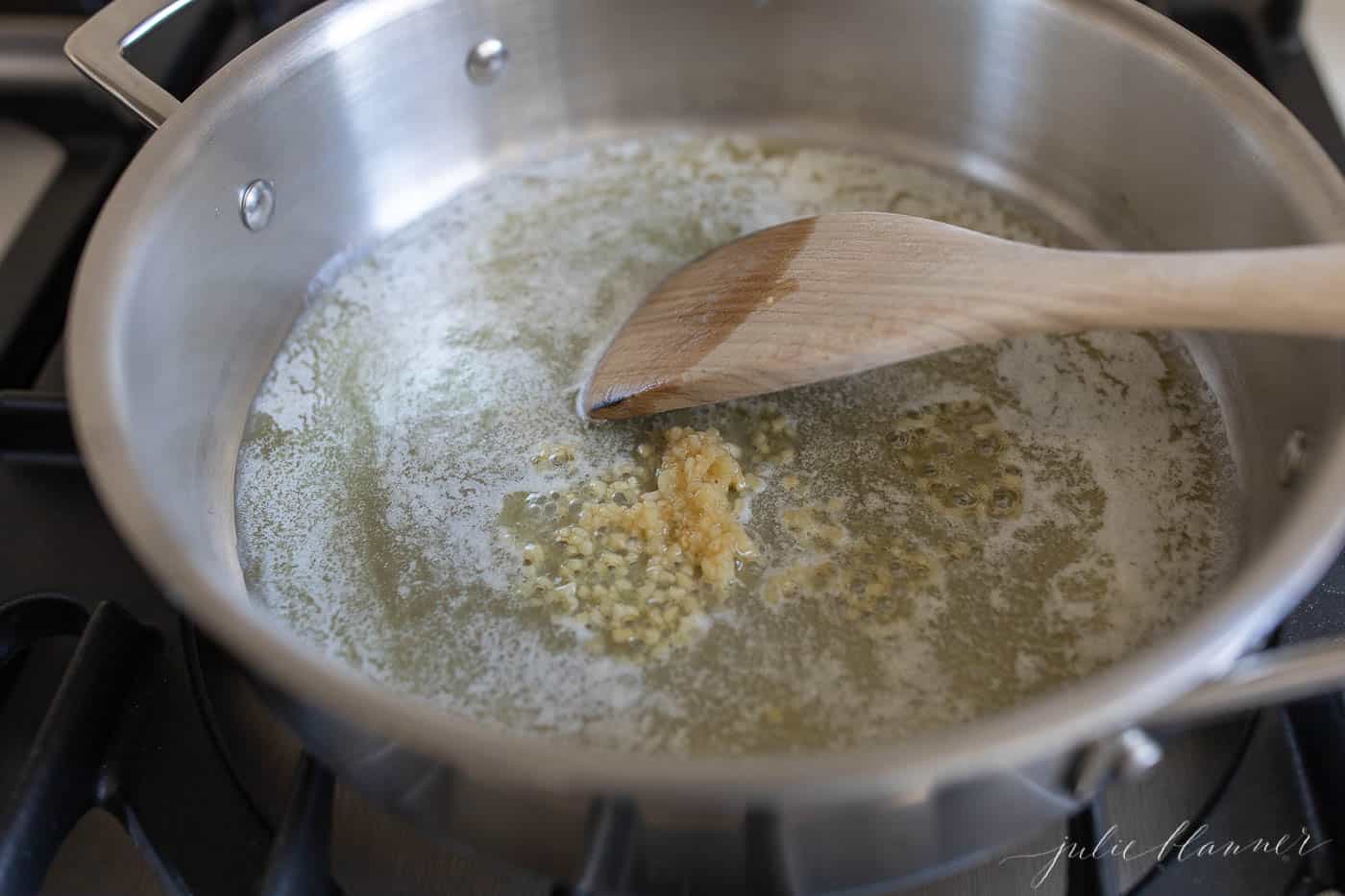
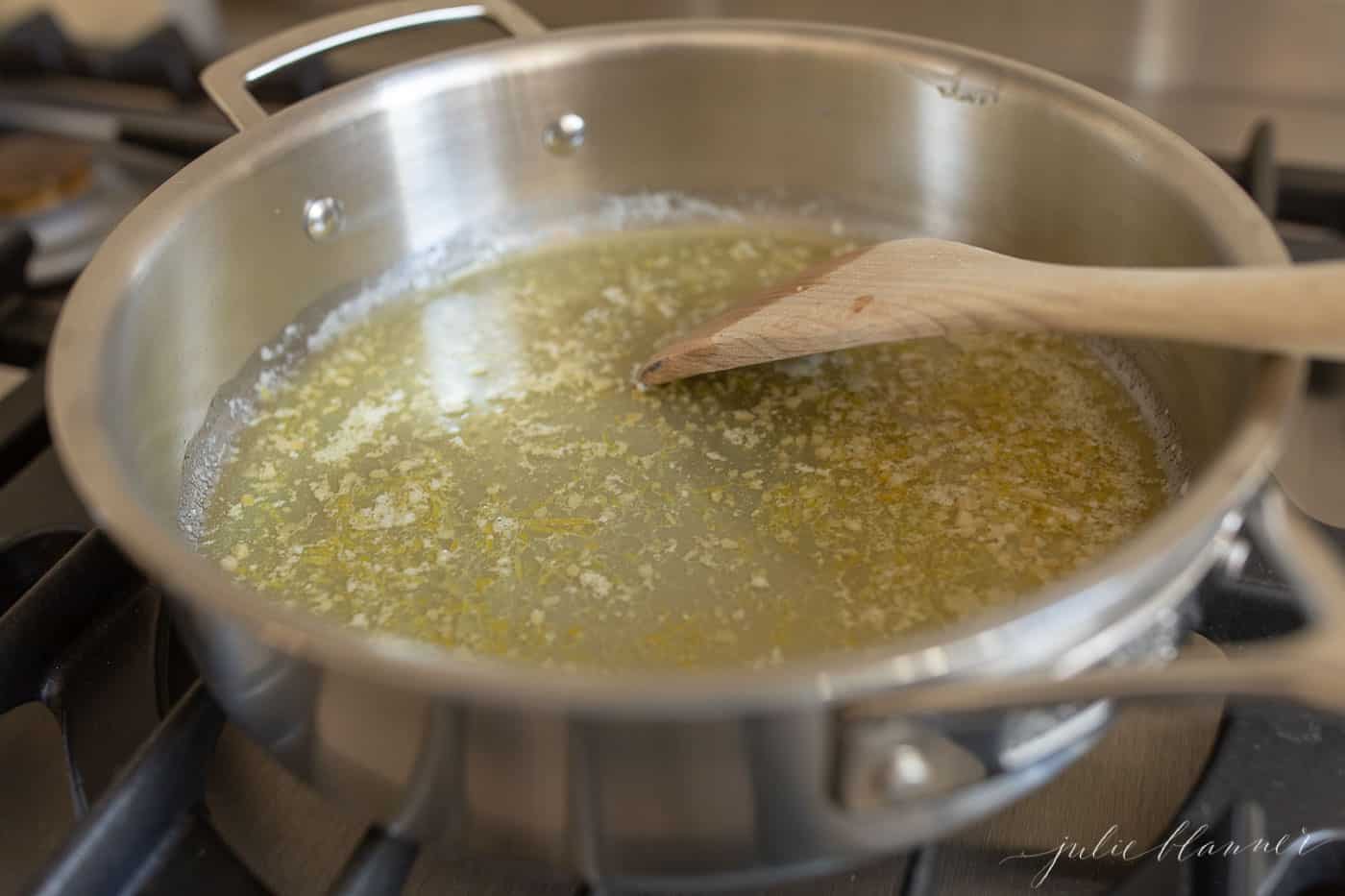
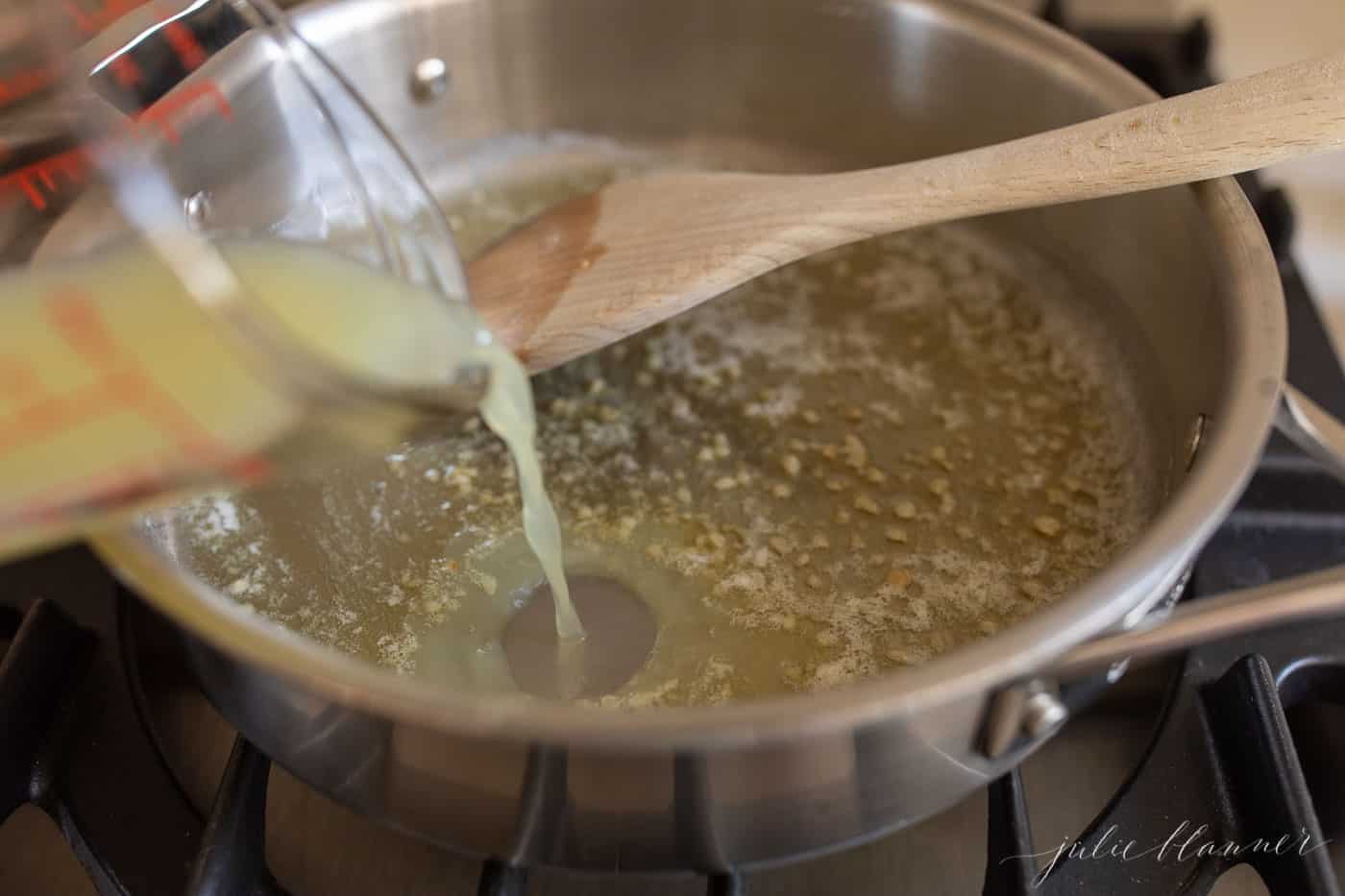
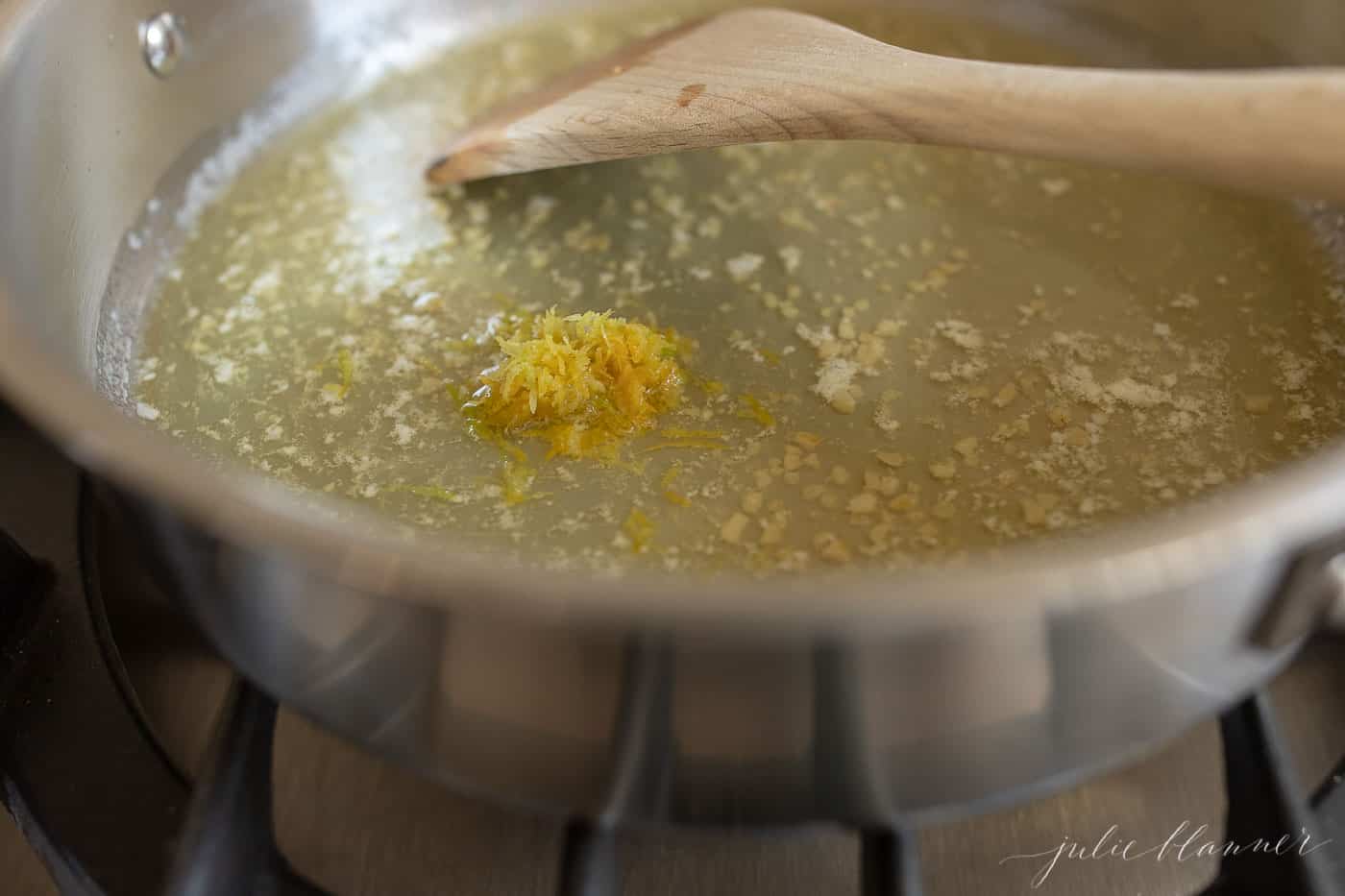 Reduce to a simmer for three minutes.
Reduce to a simmer for three minutes. 